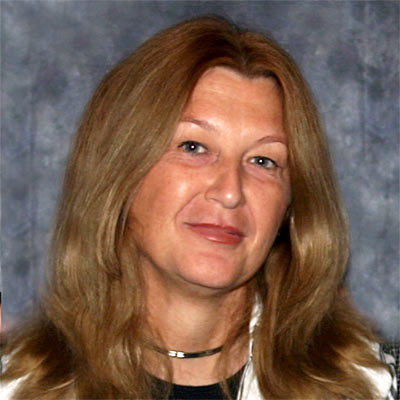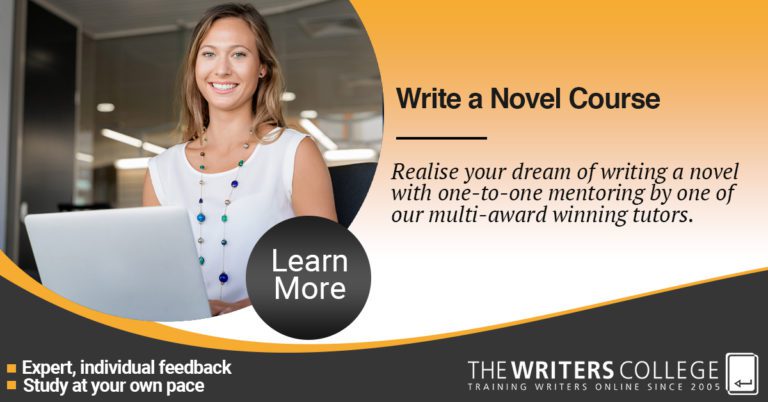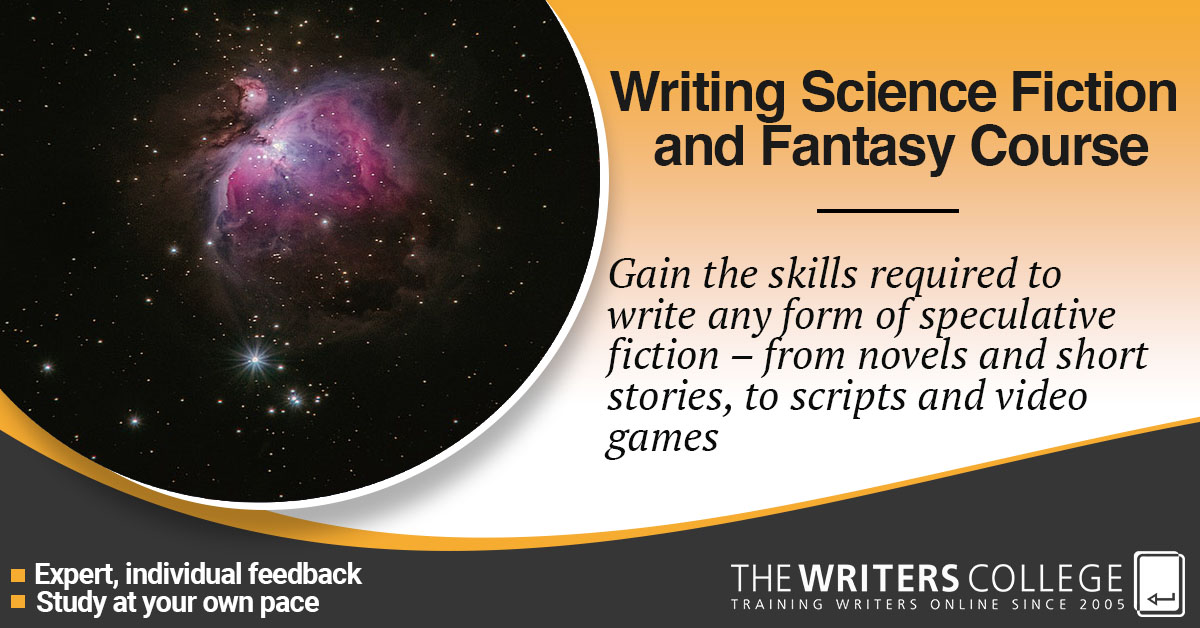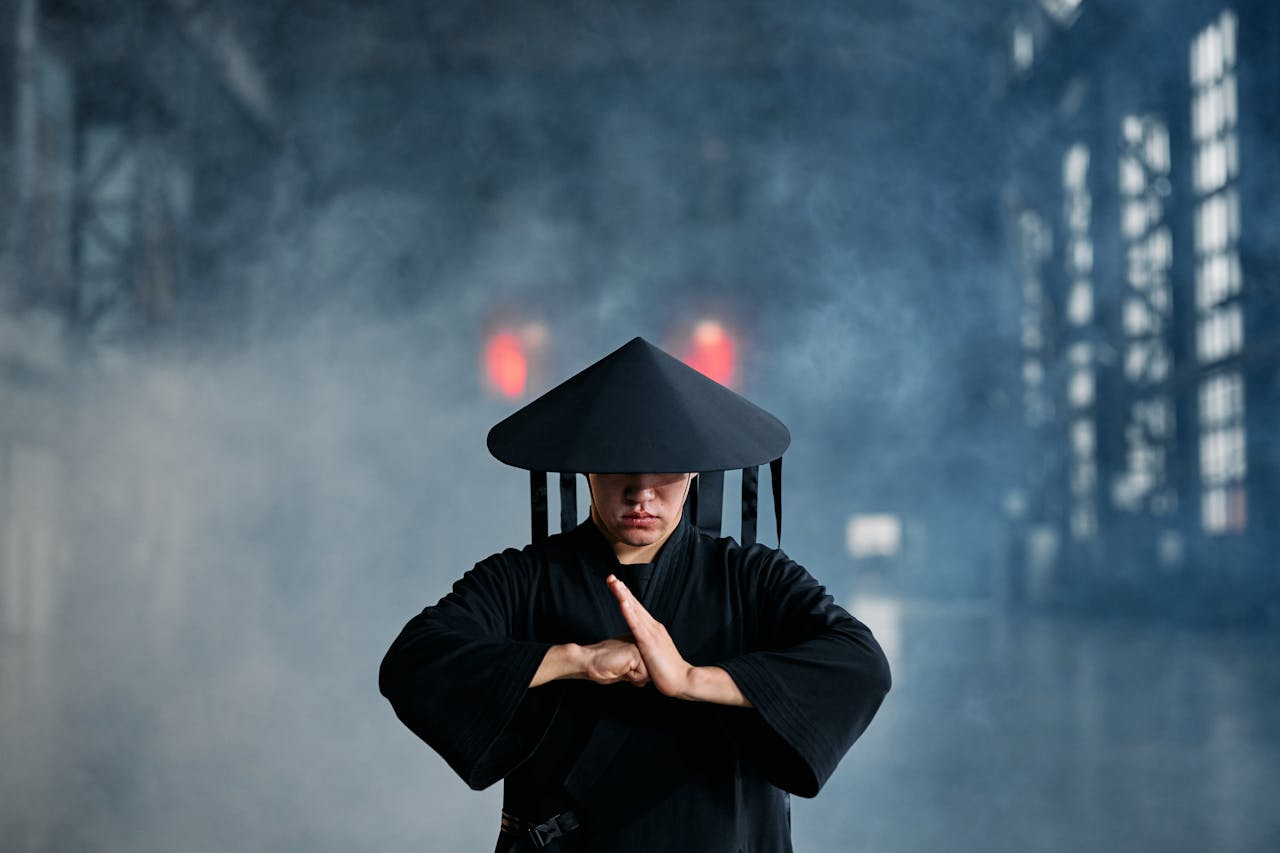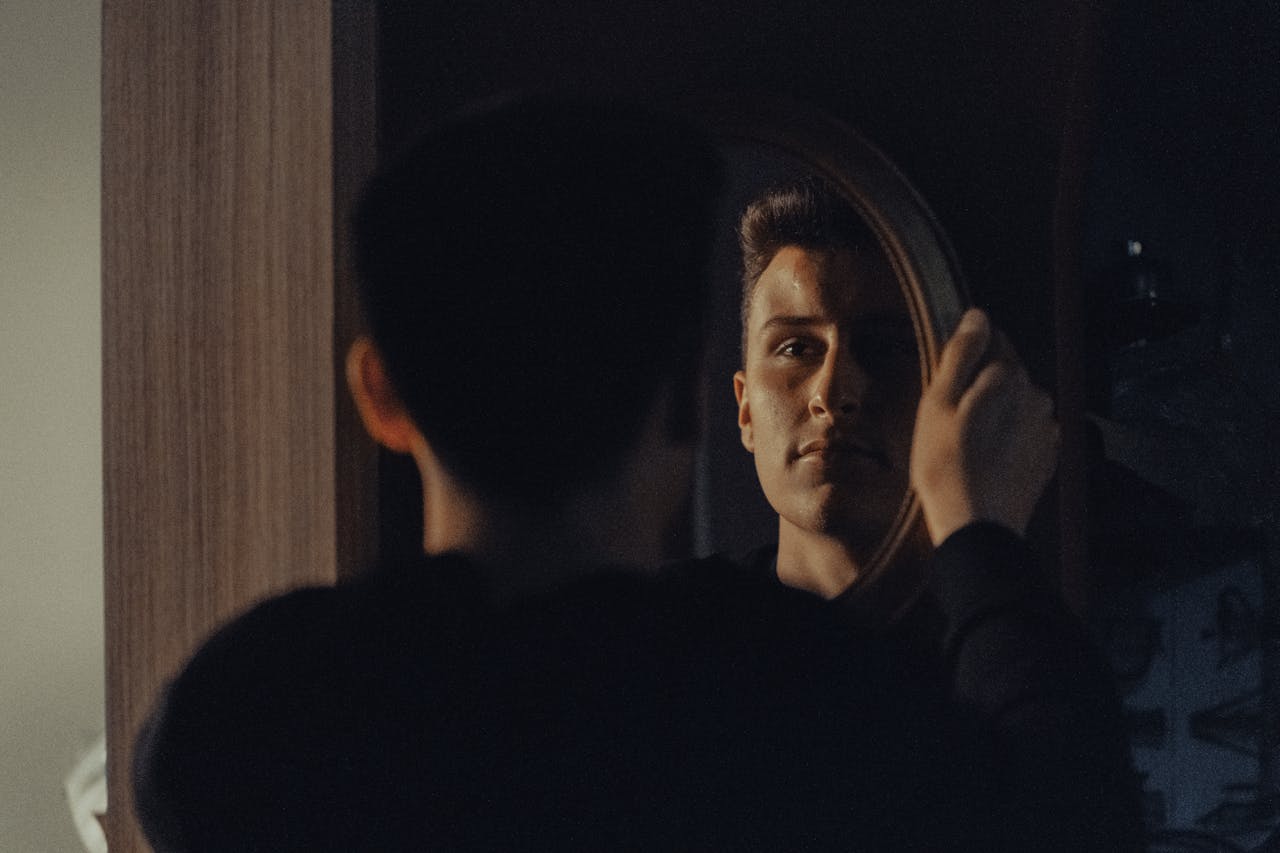Sonny Whitelaw has enjoyed a successful career as a writer for more than thirty years. Her work as a photojournalist has appeared in dozens of international magazines including National Geographic.
She won a Draco Award for her first novel, The Rhesus Factor and all eight of her novels including five based on the television series, Stargate, have been international bestsellers.
A qualified adult educator with an MA in Creative Writing, Sonny divides her time between researching and writing scientific reports, editing fiction and non-fiction manuscripts, and working on a young adult science fantasy series, The Runes of Creation.
Sonny is a tutor for the Write a Novel Course at NZ Writers College.
Q. How did you become a writer?
In 1981, I was working as a commercial underwater photographer to pay my way through university when Australian Boating asked me if I would write an article. A week after it was published Ansett Airlines asked me if I would do a series of photo articles on Vanuatu for their in-flight magazine. I was writing a Master’s thesis on climate change at the time, and even back then it was a political nightmare, so a month’s paid holiday in a tropical paradise sounded like a fine idea.
I fell in love with the country and the people and didn’t come home. Instead, I bought a yacht and spent the next twenty years sailing and diving around the islands. It was a magical time. I was mentored by a fabulous editor named Jack Butters, who was also the travel editor for the Australian Woman’s Weekly. I had the security of working as a staff writer for Ansett, and the freedom of a freelance photojournalist. All I had to do was write about the amazing people I met and islands we explored, and whenever I returned to port, cheques from my earlier articles were waiting for me.
I eventually signed up with an agent in England because European magazines couldn’t get enough of what to them seemed an ‘exotic untouched paradise’. I also worked on European Union funded projects to develop and promote ecotourism. That meant writing advertising material, web content, and ultimately, an online encyclopaedia for the Vanuatu government.
Sadly, by 2001 logging, overfishing, and climate change were causing huge problems for my not-so untouched paradise. My children also needed schooling, so I moved to Australia and turned my pen from fact to fiction. Researching my first novel generated more than enough ideas for two further novels. Then the next thing I knew, I was in London signing a contract to write novels based on MGM’s highly successful television series, Stargate SG-1.
The ink was barely dry on my first Stargate novel when the publisher asked if I would write for the new series, Stargate Atlantis. By then I was also editing and running writing workshops, and I discovered a young unpublished writer named Elizabeth Christensen. Beth is an aircraft engineer who works for the US Air Force. She was so talented and quick to learn and had such an affinity with some of the Stargate characters that I offered to mentor her in a joint Atlantis novel. It was a tremendous amount of fun and we ultimately wrote three Stargate Atlantis novels together, one of which was nominated for a Scribe Award. Beth then went on to win a Scribe with her first solo novel, and I couldn’t have been more proud.
Somewhere in the middle of all this, Queensland University of Technology offered me a scholarship to research and write a Master’s thesis on speculative fiction. It was the perfect opportunity to answer a question posed by many throughout the industry: why are spec fic books, movies, and games so financially lucrative? Stargate, Star Wars, Harry Potter, Lord of the Rings, and Halo to name just a few, had by then become billion dollar industries. In a metaphorical sense the ingredients had been bottled and were being sold for a fortune… but exactly what were the ingredients?
What I discovered during my research proved extraordinarily enlightening and provided an invaluable set of tools for me as a writer, and as a teacher, allowing me to pass on that knowledge.
Q: What has been your greatest writing achievement?
During a debate in Queensland (Australia) State Parliament, Barbara Stone MP gave a speech explaining why she supported a Bill to halt unrestrained land clearing. She had just read my first novel The Rhesus Factor, and was alarmed by the grimly realistic picture of the consequences of environmental mismanagement. She urged all Members of Parliament to read my novel so that they too could understand why the Bill to protect native vegetation was so crucial.
The Bill was passed.
Q. How do you decide what to write about? Where do you get ideas?
I write the kind of stories I love to read, tales that appeal to teenagers and adults alike because they’re packed with action and adventure, classic quests filled with seemingly insurmountable problems, everyday people who become reluctant heroes confronted by soul-wrenching moral dilemmas, and of course a twist in the tale that no one can see coming.
I don’t merely want to entertain. I want to grab readers of all ages so hard the moment they finish the story they’re compelled to turn back to page one and start all over again. To achieve that I always begin each story by deciding what journey I want my characters to take. For example, what if I gave a lonely man love then created a situation where he must sacrifice her life to save the lives of millions? From there I begin to weave an action-driven plot to create those circumstances. I also work out a subtext of clues that lead to an eye-popping twist in the tale.
Where do I get my ideas? From everyone I’ve ever met, everything I’ve ever seen and read, smelled, heard, touched and tasted, every thought I’ve ever had, and every emotion I’ve ever felt.
Q. How easy is it to make a living as a writer?
It’s a lesson I impress on all my students: to make a living at writing you need to understand that you’re running a business. In this business you’re creating a product – your stories – that people pay money to read. Given the competition out there, before you even begin to put pen to paper (or finger to keyboard) you first need to know who will buy your product and how you will sell it to them. Once you understand your market you then need to create brilliantly designed products. That’s called a business plan, and you really do need one to make a living as a writer. That doesn’t stifle creativity, just the opposite! It channels and hones your creative juices.
I’ve learned most everything I know from professional writers and while it hasn’t always been easy, if you apply the lessons you learn, it’s no more difficult than making a living in any other creative industry.
Q. What general advice would you give aspirant writers just starting out?
Most people can hit a ball with a bat but that doesn’t make them a professional tennis player. Writing is the same. As with all professions, you need perseverance and dedication, to learn from professionals, and to practice your skills.
Most of all you need an overwhelming desire to never stop learning because the industry is changing all the time. If you stay still, the industry will leave you behind.
Q: What do you consider to be the most important writing tip you ever received?
Story is about people. Plot is about events. A great plot will never sell without a great story.
Q: When you mark your students’ work, what are key qualities you look for in their work?
I want to see student’s take real ownership of the course, to treat it like a wonderful voyage of discovery. I look for the way they use lessons to shape and refine their writing, building on what they have learned as lessons progress. The more effort they put in, the more I can help them refine their unique style and ultimately produce a high quality manuscript.
Subscribe to Our Newsletter
Be the first to hear about our global writing competitions and free writing challenges. Sign up for our bi-monthly newsletter.

